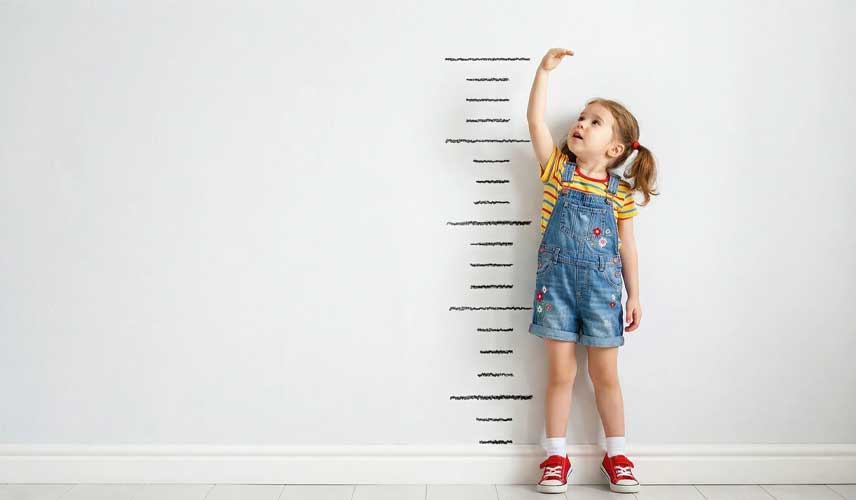
Child Development: The First 5 Years

Your child's brain develops more and faster during the first 5 years of life compared to other times. Therefore, the 0 – 5 age period is very important in terms of child development. A child's first experiences, relationships, and the things they hear, see, smell, and touch activate their brain and lead to the formation of millions of connections.
Development is a term used to describe how children grow physically and emotionally, as well as their skills in thinking, learning, communicating, and socializing. It encompasses all the skills they need for life. All these areas are interconnected and influence each other.
Babies are born ready to learn, and their brains need to be used for development. For this reason, your child needs a carefully prepared, encouraging environment where they can engage in various activities that guide them to play and learn, and provide many opportunities to apply what they have learned.
Your relationship with your child is one of the most important factors affecting their learning and development.
In the early years, the primary means through which children acquire basic learning and development skills is play.
Human Relationships Are a Fundamental Element for Child Development
The relationships a child forms with others affect all areas and stages of their development. Relationships are among your child's most important experiences, as they teach them many things about the world around them. They also shape how they perceive the world.
Through relationships, your child learns whether the world is a safe place, whether they are loved, who loves them, and what will happen when they cry or laugh.
Your child also learns by observing the relationships of other people, such as the relationship between their mother and father. The things they learn in this way form a foundation for their communication, sociability, behaviors, and other skills.
The most important relationship for a child is the one they have with their parents. Relationships with other family members, caregivers, and other children are also very important for their development.
A relationship filled with interest and love helps you and your child learn more about each other every day. As your child grows, their needs will change. You need to observe and research to gain more information about what they need and how you can meet those needs to help them develop appropriately.
The Impact of Play on Child Development
Play is of great importance in ensuring that children learn and develop in their early years.
Play is a fun activity for your child and provides them with opportunities to observe, explore, solve problems, gain experiences, and learn from their mistakes. To make this happen, you need to support your child and guide them. However, you should be careful to strike a balance between helping them and allowing them to try things on their own. This sometimes means allowing them to make mistakes. Learning how life works in connection with their own actions constitutes a large part of a child's learning process.
Play is a very effective relationship builder. By taking time to play with your child, you convey a simple yet meaningful message: You are important to me. The interactions established during play help your child acquire the skills they will need for life, such as thinking, moving together with others, problem-solving, and communication.
Other Factors Affecting Child Development
Inherited traits, healthy nutrition, overall health status, physical activity, and the environment in which they live also have a significant impact on your child's well-being and development.
Healthy Nutrition
Healthy foods and drinks provide the nutrients and energy your child needs to grow and develop, enhancing their sense of taste. Healthy family meals and a conscious nutrition routine established at an early age help your child develop a lifelong healthy eating habit.
As the most important people in your child's life, you should set a good example in this regard. Seeing you prepare and eat healthy foods encourages your child in this area.
Health Status
Overall health status affects a child's development. All children get sick from time to time; for example, they may catch a cold or experience stomach or ear pain. These types of childhood illnesses usually do not lead to long-term problems related to a child's development.
However, chronic or long-term illnesses can negatively affect children's development. Issues such as hearing impairment, autism, cerebral palsy, and cystic fibrosis fall into this category.
If your child has a chronic illness, you should maintain regular communication with specialists. You need to learn how it will affect their development and how you can best support your child.
Physical Activity
Being physically active develops a child's motor skills and helps them think and explore the world. Therefore, you should create opportunities for your child to play active games and engage in sports both at home and outdoors. If you are physically active, they are likely to follow your lead.
Social Environment
The people, places, and institutions in your neighborhood and local area also affect child development. Having positive relationships with your friends and neighbors, as well as sufficient local services such as playgroups, playgrounds, stores, parks, health centers, and libraries, means various opportunities for children.
Children's Development Rates Are Not the Same
Parents may worry about when their children will walk, talk, or get their first tooth. These skills and developmental processes can vary even among children in the same family.
Remember that not all children acquire the same skills at the same times. For example, the typical age range for starting to walk is between 8 – 18 months. If your 14-month-old child is still not walking, there is no need to worry. However, if they have not started walking by the time they turn 18 months, you should address this without delay.
Always observe your child. If you think something is going wrong in their development, trust your instincts. Discuss any concerns with a relevant doctor.
Being a Parent
Parents, grandparents, guardians, or caregivers raising a child also learn something along with the child. We all make mistakes and learn through experiences. There may be things you do not know or things you are not sure about. These are normal.
The physical and mental health of the caregiver is important in the child-rearing process. You should not neglect yourself. You need to take care of yourself and make time for yourself. This is important for providing the energy, patience, imagination, and understanding you need to raise your child.
Child Development and Education Other Content in the Category
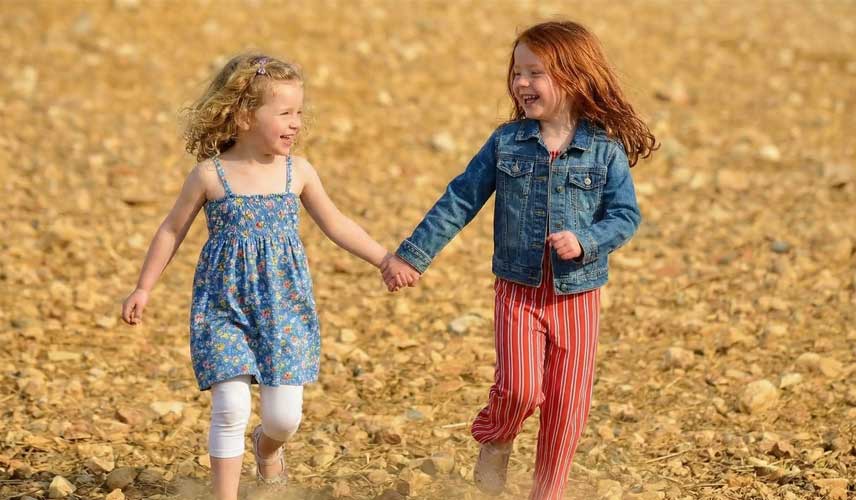
Child Development and Education
Ways to Develop Fine and Gross Motor Skills in Children
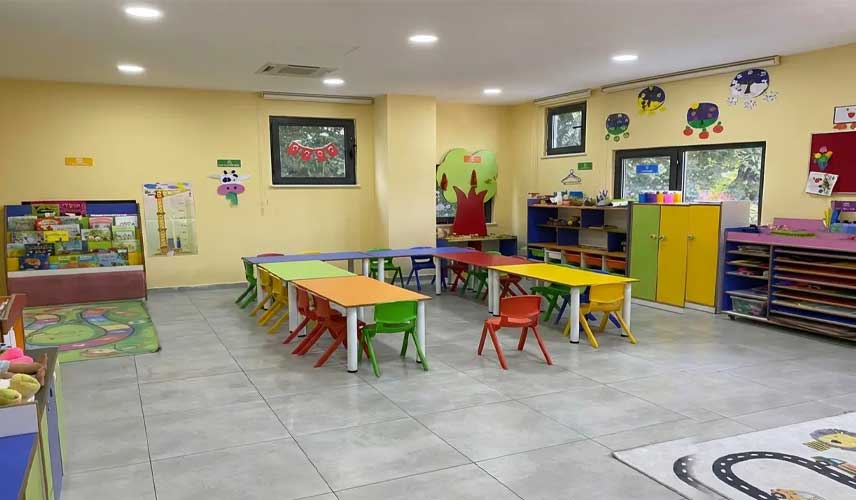
Child Development and Education
First Day at Kindergarten: 12 Tips to Ease the Transition

Child Development and Education
6 Tips for Success

Child Development and Education
8 Reasons for Attention Difficulties in Children
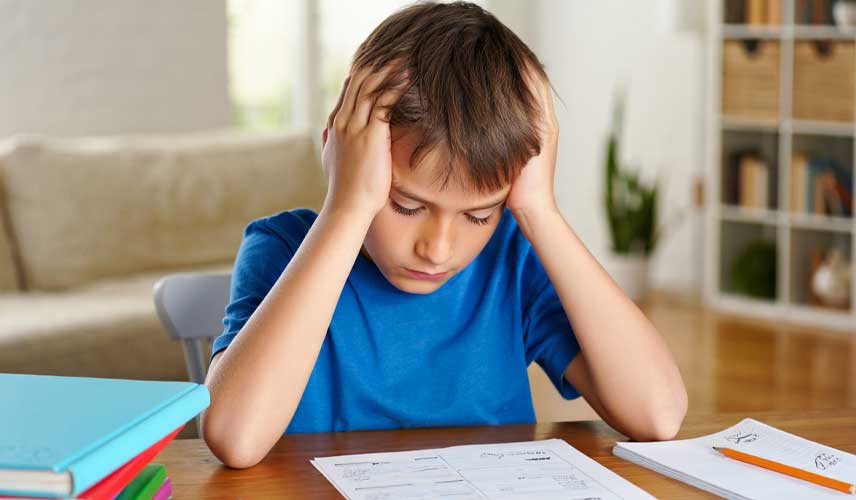
Child Development and Education
Problems Related to Homework and Solutions
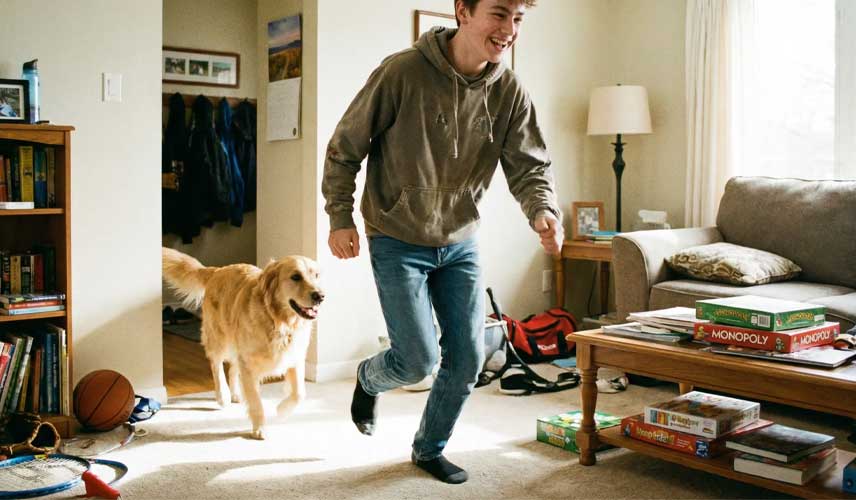
Child Development and Education
15 Life Skills Your Teen Should Acquire

Child Development and Education
35 Positive Messages Your Child Needs to Hear
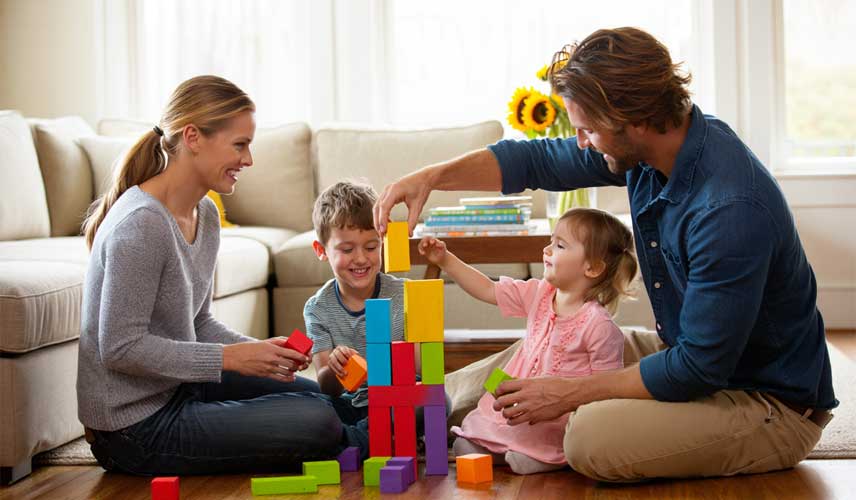
Child Development and Education
10 Characteristics of Good Enough Parents

Child Development and Education
Child Development: The First 5 Years
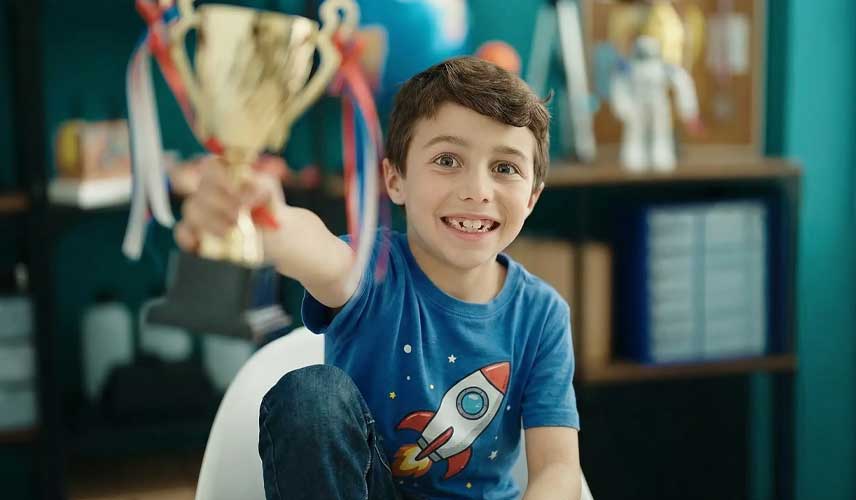
Child Development and Education
7 Things You Need to Do to Raise a Well-Rounded Child

Child Development and Education
14 Effective Methods to Improve Children's School Success
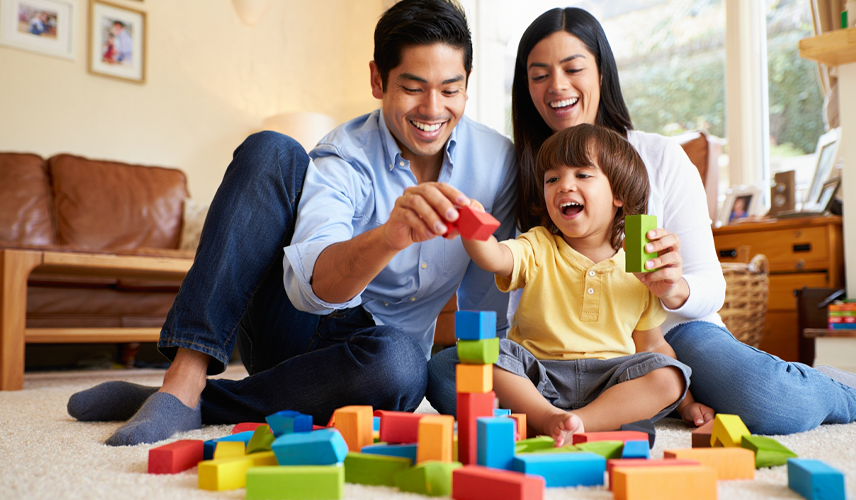
Child Development and Education
8 Tips for Positive Parenting
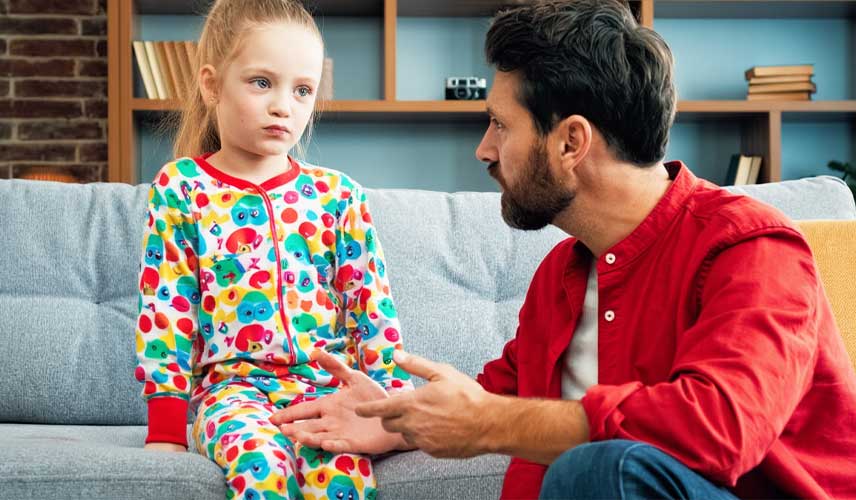
Child Development and Education
10 Ways to Communicate Well with Children

Child Development and Education
How Does Changing Schools Affect Children?

Child Development and Education
